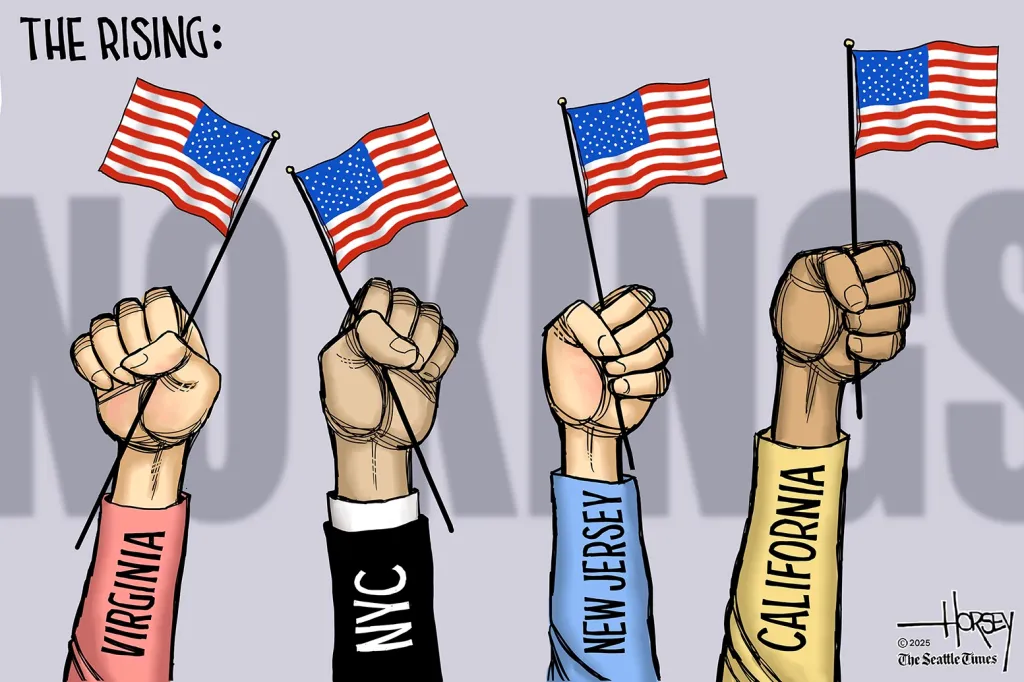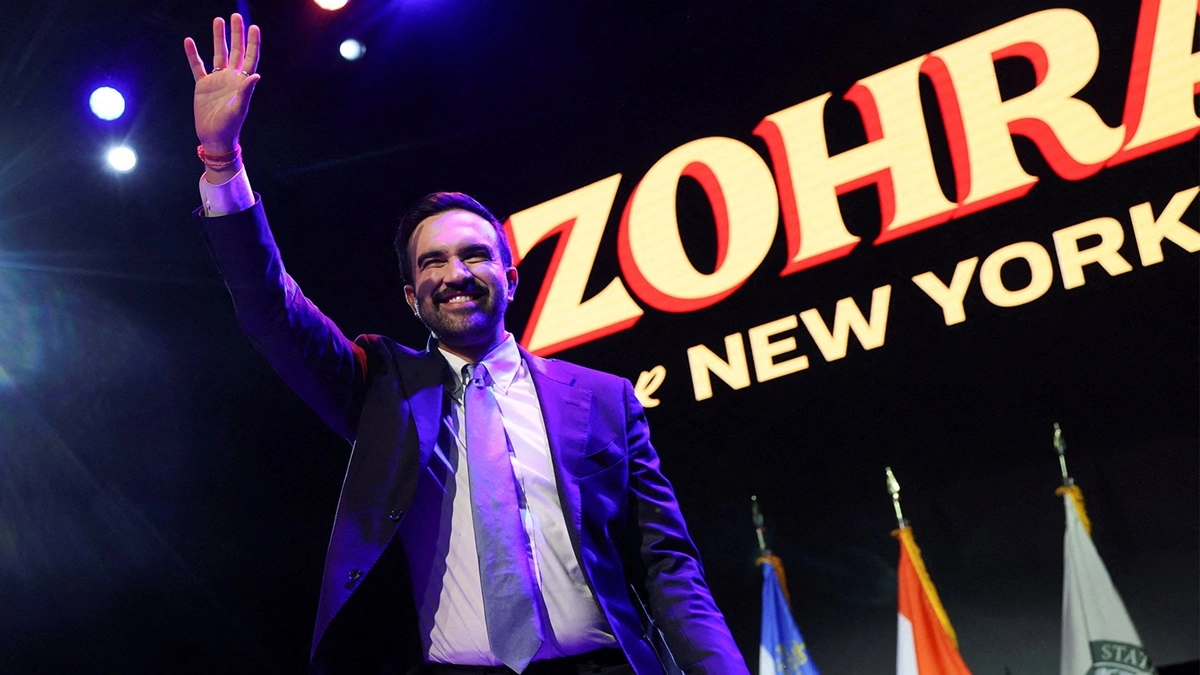Copyright Santa Rosa Press Democrat

Democrats won decisive victories in Tuesday’s off-year elections, but the results don’t offer much help in settling the internecine debate between the party’s progressive and moderate wings. What is clear is that American politics has nationalized in a way that would have been unthinkable a generation ago. Races for governor in Virginia and New Jersey drew national attention. Both states tend to vote Democratic, but the margins by which the party’s nominees won were striking. Democratic presidential nominee Kamala Harris won each state by six percentage points. Just a year later, the Democratic gubernatorial candidates, Mikie Sherrill in New Jersey and Abigail Spanberger in Virginia, more than doubled Harris’ margin. These were not squeakers. They were statements that swing voters are fed up with President Donald Trump and a Republican-controlled Congress. The GOP has gone too far on immigration, tariffs, health care and more. Yet Democrats hoping for ideological clarity heading into the 2026 midterm election were disappointed. Sherill and Spanberger campaigned as moderates. In New York City, Zohran Mamdani, a self-styled democratic socialist, will become mayor after advocating an explicitly progressive agenda. That leaves unresolved whether the party’s moderates or progressives have the better ideas heading into the 2026 midterms and 2028 presidential primaries. Here in California, Proposition 50 passed with overwhelming support. Voters agreed to redraw the state’s U.S. House districts to all but guarantee that Democrats will win a few more seats next year. The changes counteract gerrymandering to favor Republicans in Texas and other states. The strong backing for Prop. 50 will give at least a temporary boost to Gov. Gavin Newsom’s presidential aspirations. He now is a clear leader in the Democratic anti-Trump resistance. The North Coast also stands to benefit. California Senate President Pro Tempore Mike McGuire, a Healdsburg native, is a good match for a new district that stretches from Santa Rosa to the Nevada state line. If he runs, as expected, he could join Reps. Jared Huffman and Mike Thompson, giving the North Coast three strong advocates in the House. Tip O’Neill, a former House speaker, famously said that “all politics is local.” While that might have been true four decades ago, this year demonstrates that all politics is national now. Candidates’ names matter less, the D’s and R’s that come after them matter more. Voters will tolerate nearly anything from a candidate who wears the right partisan jersey. Just as Republicans routinely overlook Trump’s worst excesses, Virginians elected a Democratic candidate for attorney general who fantasized about shooting a political opponent. The Democratic establishment condemned the language but supported him nonetheless. Better a deeply flawed candidate who would fight Trump than a Republican. Republicans, meanwhile, have already nationalized the New York mayor’s race and will assuredly try to turn Mamdani into a political boogeyman during next year’s midterm election. California’s Prop. 50 was part of this dismal trend. It was a necessary response to partisan overreach in other states. Democrats backed it to make sure their team has the best chance to control Congress — and put a check on Trump — after next year’s election. Both major parties share responsibility for dragging the nation to this point. When local concerns and candidates lose relevance because voters look at all races and issues through a partisan lens, America has fundamentally transformed its political system. Democrats won big on Tuesday, but America remains sharply divided.



